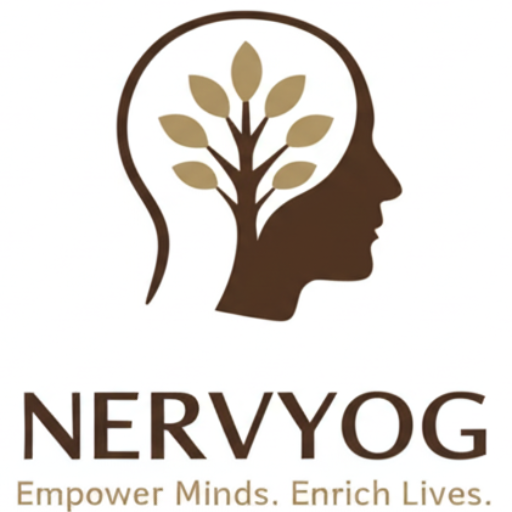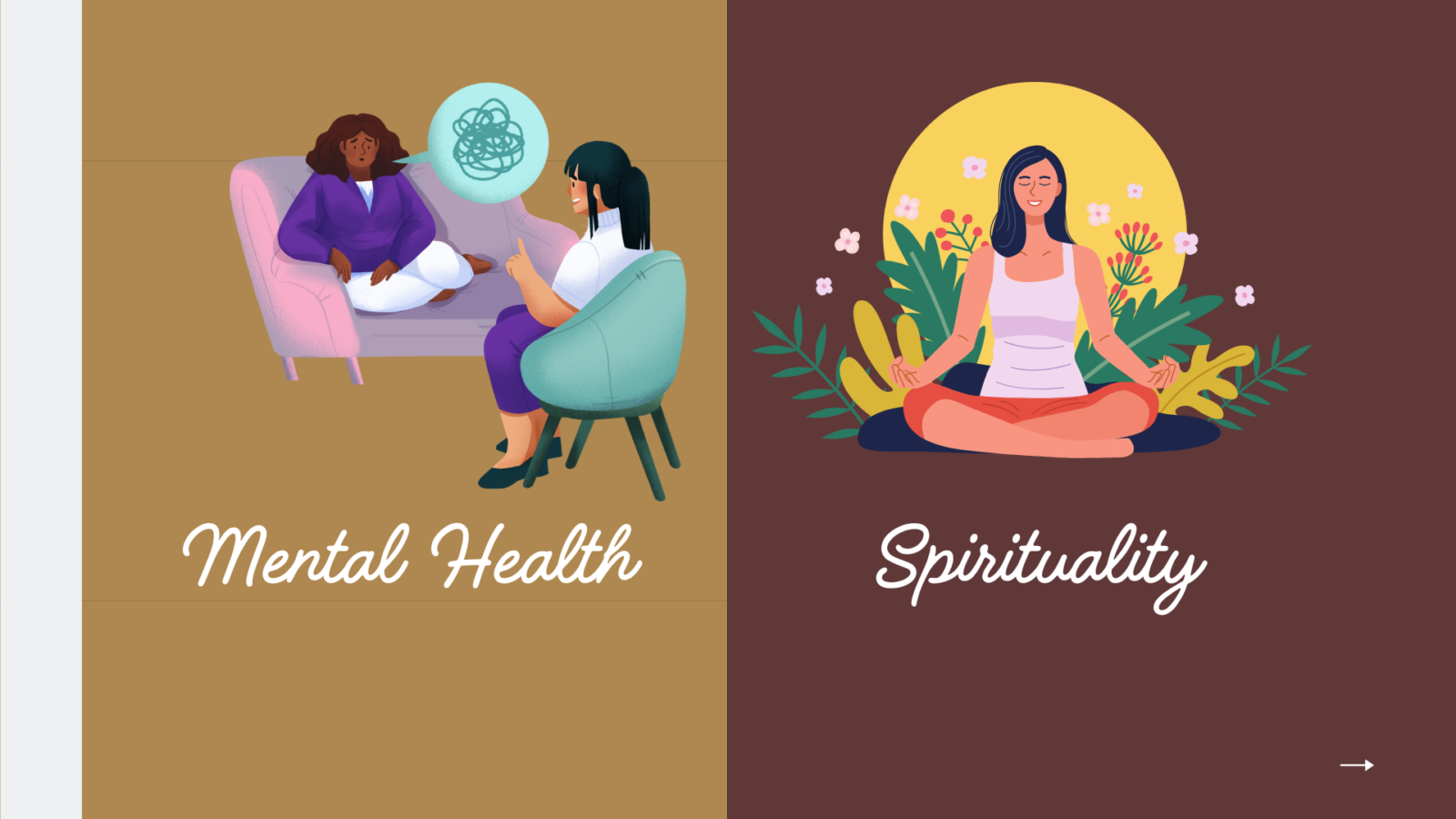The Connection Between Spirituality and Mental Health: Why It Matters
“Don’t bring spirituality into my mental health” — this is something I hear often. Many people link spirituality with religious practices or cultural traditions that they don’t resonate with. But spirituality goes beyond organized religion. It’s about connecting to something larger than yourself and finding meaning in life. Let’s explore this concept using insights from psychology, Buddhism, philosophy, and human evolution.
Spirituality and Mental Health: The Psychology Perspective
Psychologists often emphasize the importance of self-awareness, emotional regulation, and resilience in mental health. Spiritual practices like mindfulness, gratitude, and affirmations align with these principles. Research has shown that mindfulness can reduce anxiety and depression by helping individuals focus on the present moment, reducing overthinking and emotional overwhelm.
Psychologist Viktor Frankl, in his book Man’s Search for Meaning, highlights how finding purpose can help people overcome suffering. Spirituality often provides this sense of purpose by encouraging reflection, compassion, and hope, which are crucial for emotional healing.
Lessons from Buddhism
Buddhism views the mind as the root of suffering and emphasizes practices to calm and train it. Mindfulness, a core Buddhist principle, helps people observe their thoughts and emotions without judgment. This practice is widely used in modern therapeutic techniques like Mindfulness-Based Stress Reduction (MBSR) and Dialectical Behavior Therapy (DBT).
The Buddhist concept of “non-attachment” teaches us to let go of clinging to outcomes, which can alleviate stress and improve mental flexibility. Spirituality, in this sense, helps us navigate challenges with acceptance and resilience.
Philosophy’s Take on Spirituality
Philosophers like Socrates and Plato have long discussed the role of self-inquiry in achieving inner peace. Spirituality encourages similar introspection, guiding individuals to align their actions with their values. Modern existentialist thinkers like Jean-Paul Sartre and Albert Camus also explore how seeking meaning can help humans cope with life’s uncertainties.
Spiritual practices, such as surrendering to a higher self or embracing gratitude, align with these philosophical ideals, helping people address existential anxieties and find clarity in their inner world.
Human Evolution and Spiritual Practices
From an evolutionary perspective, humans have always sought connection and purpose. Early humans developed rituals and spiritual beliefs as a way to make sense of the world and build community. These practices helped reduce fear and foster cooperation, which were essential for survival.
Modern spirituality taps into this innate human need for connection—not just with others, but also with ourselves and the environment. This connection can help reduce feelings of isolation, a common cause of mental health struggles today.
The Benefits of Embracing Spirituality
For those hesitant about spirituality, it’s helpful to view it as a tool for self-care rather than a rigid framework. Practices like meditation, journaling, or even spending time in nature can:
- Reduce stress and anxiety
- Improve emotional awareness
- Enhance relationships by fostering empathy and compassion
- Provide a sense of purpose and direction
Final Thoughts
Spirituality is not about religion or rituals; it’s about nurturing your inner self. Whether it’s through mindfulness, gratitude, or seeking meaning, spiritual practices can complement mental health efforts and lead to greater well-being.
If you’re struggling with anxiety, trauma, or life’s challenges, consider incorporating small spiritual practices into your routine. These practices are not just for healing but also for growing into your best self. Reach out to a mental health professional or spiritual guide if you’re unsure where to start.
Start your journey today. Explore mindfulness, gratitude, or meditation and see how it transforms your mental health. If you’re looking for guidance, feel free to connect with me. Let’s take this step together.


Add a Comment